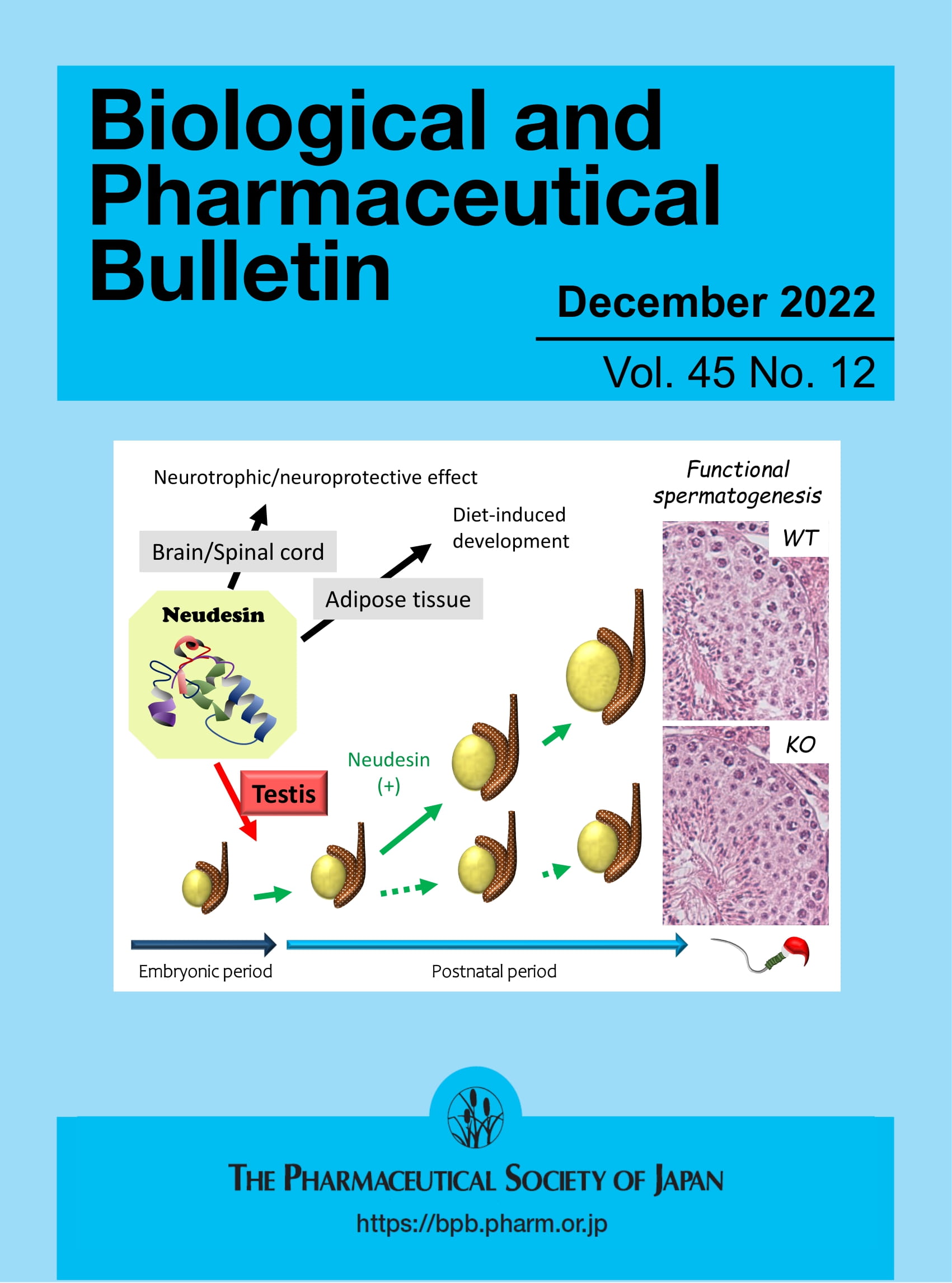A Progressive Peak-Finding and Weak Peak-Preserving LM Algorithm for Isotope Separation in Miniature Mass Spectrometers
Abstract
Rationale
In recent years, performance enhancement strategies for miniature mass spectrometers through signal processing techniques have garnered significant attention, primarily due to their advantage of not changing their mechanical structure. Gaussian decomposition, as a signal processing approach, has shown considerable potential in the field of overlapping peak identification.
Method
In this study, a novel PPWP-LM (progressive peak-finding and weak peak-preserving Levenberg-Marquardt) algorithm integrating Gaussian decomposition techniques is proposed for use in miniature ion trap mass spectrometers for aliased peak separation.
Result
The feasibility of the algorithm was verified using simulation data, and the anti-noise performance of the PPWP-LM algorithm was verified under different signal-to-noise ratios. The analytical capability of the algorithm was further evaluated using samples at different concentrations and different scanning speeds, and the results showed that the algorithm maintained stable performance and was adaptable under high-speed scanning conditions. In addition, aliased signal separation was successfully demonstrated by mixing samples, and the results show that it is suitable for rapid analysis in the field and meets the requirements of practical applications.
Conclusion
Through optimized strategies including a progressive search, pseudo-peak removal, and weak peak protection, the algorithm successfully achieves isotope separation under high-speed scanning conditions in miniature ion trap mass spectrometers, significantly enhancing their analytical efficiency and performance.



 求助内容:
求助内容: 应助结果提醒方式:
应助结果提醒方式:


